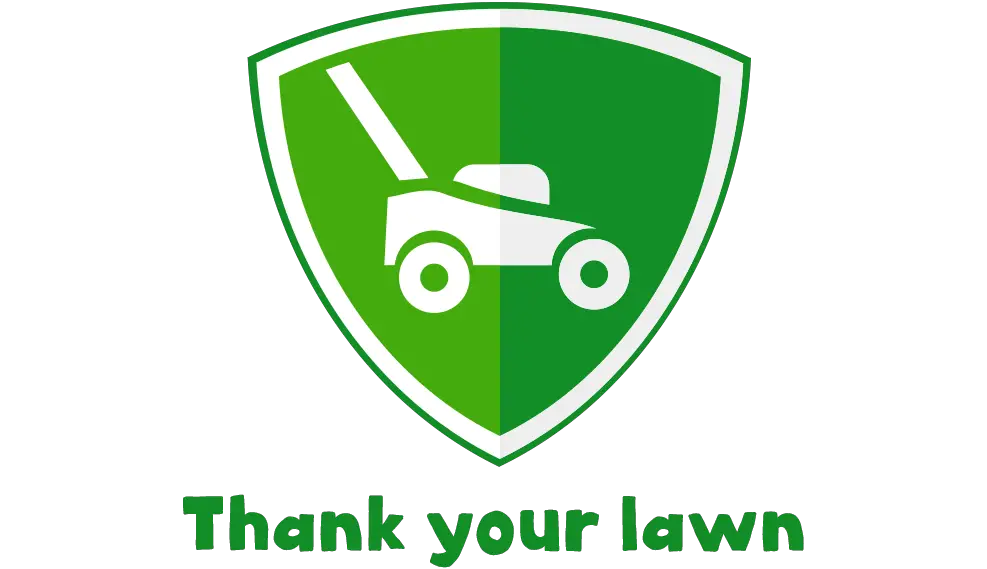Lawn care is very important if you want your lawn to retain its beautiful, lush green look. However, dangerous pests and insects can eat your grass and try to destroy it if you don’t take care of it properly.
Most homeowners use home remedies to try and manage the pest infestation including the use of dish soap.
What effect does dish soap have on your lawn? Dish soap contains sodium lauryl sulphate, a chemical that will disintegrate the leaves’ waxy coating which will result in water loss causing your plants to get dehydrated and die. However, it will also do the same thing to your plants, particularly the grass blades that turn brown and die faster than your lawn pests.
What does dish soap do to your lawn?
Usually, if you use small amounts of properly diluted dish soap it won’t hurt your plants and it’s better than no water, especially when there’s a drought.
However, dish soap isn’t completely safe to use so you need to be careful when using it to prevent damaging your plants.
Spraying dish soap on your lawn can help to kill insects and some weeds so you can use it as a homemade pesticide. In fact, insecticidal soap is mostly used to suffocate aphids, but some make their own using a teaspoon of liquid soap and 3 liters of water.
Is it safe to use?
Although dish soap will cause some damage, there’s a way you can use it as an insecticide with minimal impact on your lawn.
You’ll need to make a diluted mixture of a teaspoon of dish soap and vegetable oil and 3 cups of water.
Fill the mixture in a spray bottle and only spray the parts of your lawn that are affected by weeds and insects.
When the pests come into contact with the mixture will die. After a few hours, spray your lawn with clean water and make sure there’s no residue left on your lawn.
Uses of dish soap on your lawn
- As a surfactant
Gardeners mix dish soap with fertilizers, herbicides, or insecticides which helps the chemicals stick to it and penetrate the grass better.
However, you’ll need to use detergent and not liquid soap because it’s a better surfactant that breaks down easily, supplies phosphates that your plants need, and doesn’t cause buildup.
Just half a teaspoon of detergent mixed with a gallon of insecticide or fertilizer will spread more efficiently.
- What watering your lawn
It’s important to water your lawn if you want it to stay lush and beautiful, but if left for too long without water it will turn brown.
During the summer, it’s very easy for your lawn surface to become hard and impenetrable which means water will not reach the roots.
By adding a teaspoon of dish soap to a gallon of water will help to breakdown the surface tension on your lawn and allow the water to easily reach the soil and roots.
After spraying the mixture, turn on your automatic sprinklers to soak up your lawn.
- Establishing new areas
When you’re trying to plant new grass seed or establishing new areas in your lawn, it’s often difficult to get through the ground by watering because the ground has a hard surface that is resisting the water.
You can remedy this situation by adding a drop or two of dish soap to the water. Use a sprayer to spray the new soil to help break down the barriers and allow the soil to absorb the water as it should.
Other uses of dish soap
For | Use |
Repels pests from houseplants | Safe and effective at repelling aphids, mealy bugs, and spider mites |
Fleas killer for pets | Cheap dog shampoo |
Aphid-free fruit trees | Spraying the leaves, branches, and tree trunk, then rinsing thoroughly after 15 minutes |
Repels ants | Spray cupboards, countertops, and other places ants are found, then wipe to leave a soapy residue |
How to Use Dish Soap to Get Rid of Lawn Pests
Spring brings with it insects and pests to your lawn that suck out the nutrients in your grass causing a lot of damage.
However, if you have flowers and veggies nearby, you might not want to use any chemicals.
An alternative is to make your own bug-killing spray by mixing water, dish soap, and vegetable oil.
- Mix a cup of water and a teaspoon each of dish soap and vegetable oil.
- Pour the mixture in a spray bottle and mist the affected areas on your plants and grass covering both sides of the leaves with the mixture, but pay more attention to the bottom of the leaves where the insects hide.
- Hose the plants after several hours to rinse off the soap. Don’t allow the soapy water to stay on your plants for more than a few hours because it will damage them.
- Repeat this process for several days until the pests disappear.
Conclusion
Although dish soap is very affordable and an easy DIY hack, it’s not recommended. It will not only kill the insects but your plants and grass.
FAQ
What soap is safe for plants?
Generally, typical shampoos and conditioners won’t harm your plants because they’re very dilute, very low in salt, and are free of boron.
How often should I spray my plants with soap water?
Spray once a week for 4 weeks until there’s some improvement. Any longer will damage the leaves as it will remove the plant’s natural defenses against pests and diseases.
Also read
Does Rain Make Grass Grow Faster?
How To Trim Grass Around A Vinyl Fence
How To Water Grass Between Sidewalk And Street
Sources and references
